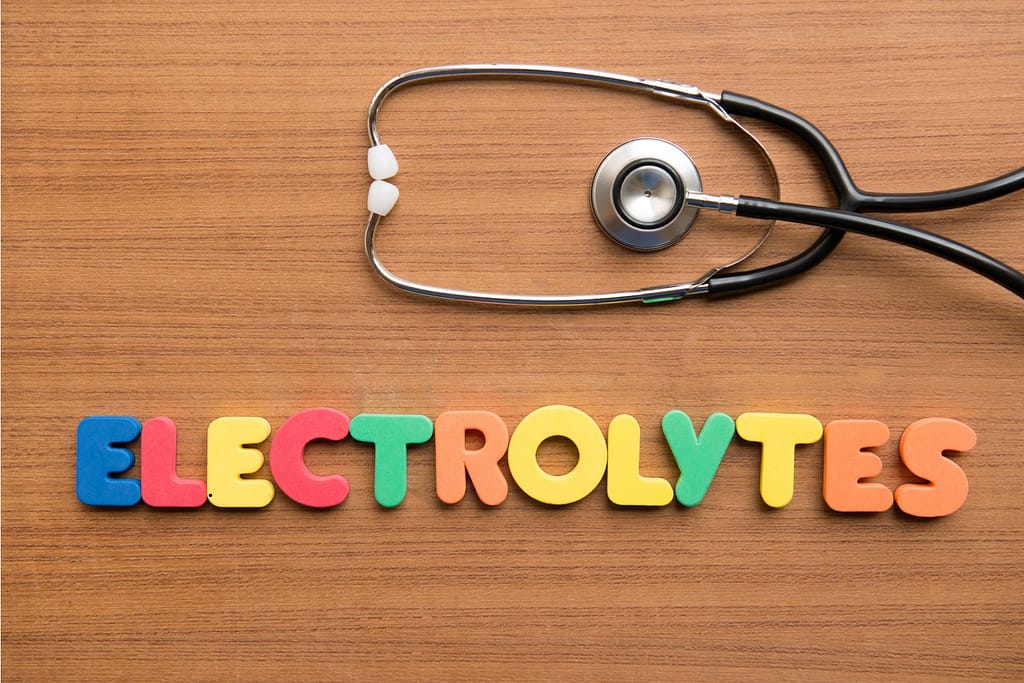Unveiling the Power of Vitamin Electrolytes

What are Vitamin Electrolytes?
Vitamin electrolytes refer to essential minerals that carry an electric charge and play pivotal roles in maintaining fluid balance, conducting nerve impulses, and supporting muscle function. These electrolytes include sodium, potassium, calcium, magnesium, chloride, and phosphate. While not vitamins in the traditional sense, these minerals are often referred to as “vitamin electrolytes” due to their vital roles in overall health and wellness.
The Role of Vitamin Electrolytes
- Sodium: Essential for regulating fluid balance, blood pressure, and nerve function. It plays a key role in muscle contraction and relaxation.
- Potassium: Critical for maintaining fluid and electrolyte balance, nerve transmission, and muscle function. It helps regulate heart rhythm and blood pressure.
- Calcium: Necessary for bone and teeth health, muscle contraction, nerve function, and blood clotting.
- Magnesium: Supports muscle and nerve function, energy metabolism, bone health, and DNA synthesis.
- Chloride: Works with sodium and potassium to maintain fluid balance and helps regulate acidity in the body.
- Phosphate: Essential for energy metabolism, bone health, and DNA and RNA synthesis.
Sources of Vitamin Electrolytes
Whole Foods: A balanced diet rich in fruits, vegetables, whole grains, lean proteins, and dairy products can provide essential electrolytes. Key sources include:
- Fruits: Bananas, oranges, and avocados.
- Vegetables: Spinach, sweet potatoes, and broccoli.
- Dairy: Milk, yogurt, and cheese.
- Lean Proteins: Chicken, turkey, fish, and tofu.
- Whole Grains: Brown rice, quinoa, and whole wheat bread.
- Nuts and Seeds: Almonds, sunflower seeds, and peanuts.
Electrolyte-Rich Beverages: Certain beverages, such as coconut water and sports drinks, contain electrolytes and can help replenish fluids lost during exercise or in hot weather.
Supplements: Electrolyte supplements are available in various forms, including tablets, powders, and drinks. They are commonly used by athletes, individuals with electrolyte imbalances, or those needing rapid rehydration, Pharma Trust Electrolyte Support provides the body with a full spectrum of electrolytes that are lost during intense exercise ( sodium, potassium, magnesium and chloride ) for rehydration and helping the body’s fluids stay in balance
Uses and Benefits of Vitamin Electrolytes
- Hydration: Electrolytes help regulate fluid balance in the body, promoting proper hydration and preventing dehydration.
- Muscle Function: Sodium, potassium, calcium, and magnesium are essential for muscle contraction and relaxation, supporting physical performance and exercise recovery.
- Nerve Transmission: Electrolytes facilitate nerve impulses, allowing for proper communication between the brain and muscles.
- Bone Health: Calcium and magnesium play crucial roles in bone formation and maintenance, helping prevent osteoporosis and bone fractures.
- Heart Health: Potassium and magnesium are important for maintaining normal heart rhythm and blood pressure, reducing the risk of cardiovascular diseases.
- Energy Production: Electrolytes are involved in energy metabolism, supporting the production and utilization of ATP (adenosine triphosphate), the body’s primary energy currency.
Conclusion
Vitamin electrolytes are essential minerals that play integral roles in hydration, muscle function, nerve transmission, bone health, and overall vitality. Maintaining adequate electrolyte balance through a balanced diet, hydration strategies, and supplementation when necessary is crucial for optimizing physical performance, promoting wellness, and supporting overall health. By understanding the importance of vitamin electrolytes and incorporating electrolyte-rich foods and beverages into their diet, individuals can support hydration, vitality, and optimal physiological functioning.
